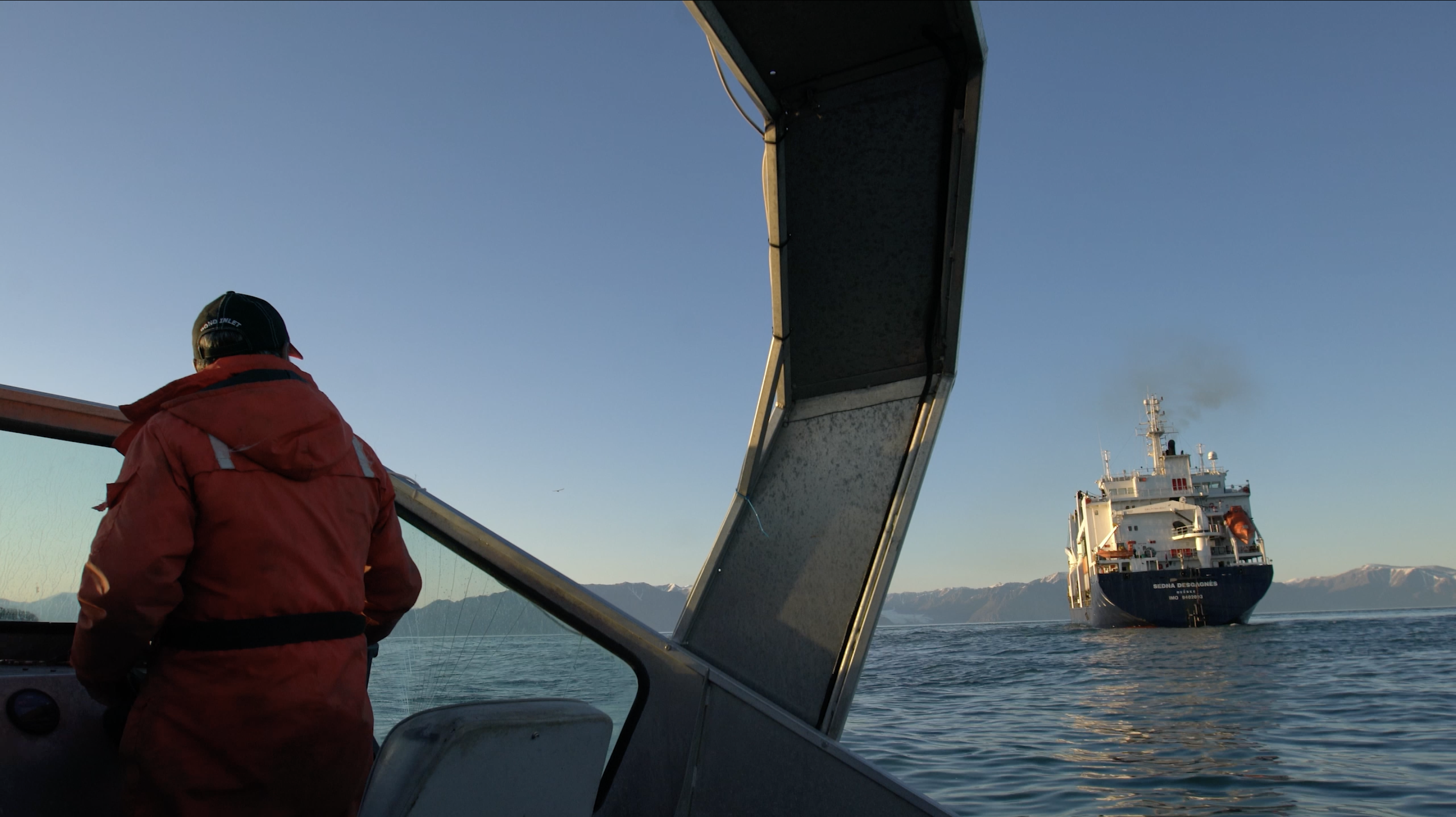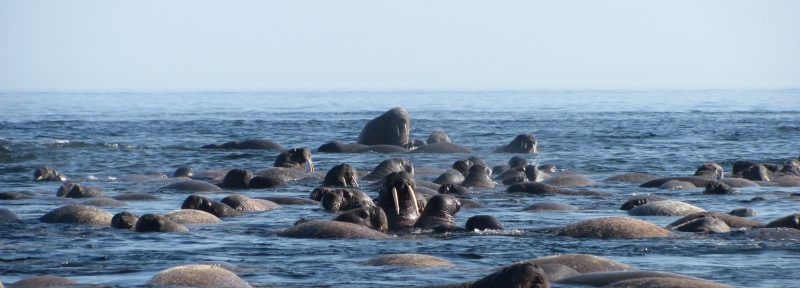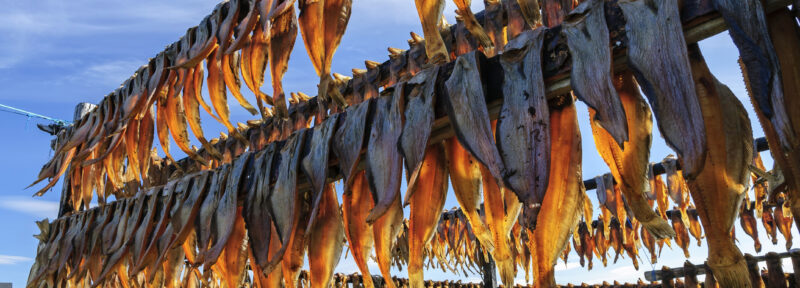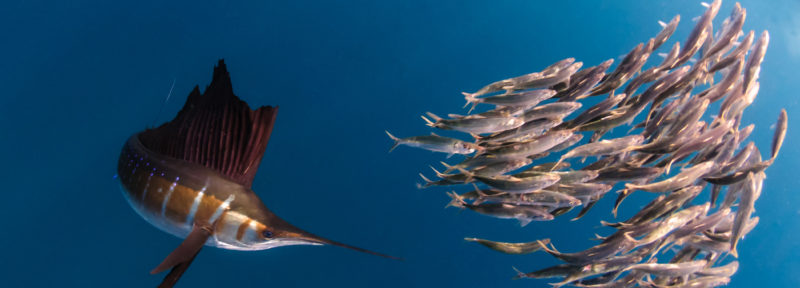Underwater Noise Pollution Poses a New Threat to Arctic Wildlife
Credit: BUILD Films / Oceans North
The rapid melting of Arctic sea ice due to climate change has opened one of the quietest regions on our planet to industrial development, cruise ship tourism, pleasure craft, and commercial fishing. And the resulting increase in vessel traffic is posing a new risk to marine wildlife: underwater noise pollution.
As the Arctic shipping season begins this week, Oceans North has released a new video about the changes facing the region—and what we can do about them. “It’s impacting our life,” said Enookie Inuarak, board member with the Mittimatalik Hunters and Trappers Organization (HTO) on Baffin Island. “A lot of our hunters are coming back empty-handed.”
The video focuses on how increasing ship traffic is affecting narwhal, beluga, seals, walrus and other marine mammals that rely on sound. These animals need quiet oceans to communicate with each other, navigate through Arctic waters, and find prey. Prolonged exposure to intense noise can elevate stress hormones and impact their immune systems, reproduction, and overall health, leading to population-level consequences.
Research using hydrophones—devices that record underwater sounds—is looking into the impacts of vessels on marine life, and researchers recording visual observations have already found important changes in behaviour. Narwhal, for example, react to shipping noise by fleeing from vessels, swimming faster than normal, and doing fewer deep dives for food. Prolonged and intense ship traffic through Eclipse Sound off Baffin Island is causing narwhal to leave the area in troubling numbers and may be altering their migration routes. In fact, the North Atlantic Marine Mammal Commission has reported that the narwhal population summering in the Eclipse Sound region could become extirpated within a decade if noise disturbances continue at current levels.
An important part of finding solutions to the problem of underwater noise pollution is to collaborate with Inuit, who are often the first to detect changes in the behaviour of marine mammals. “Indigenous knowledge can contribute to decision-making when it comes to big issues like this that affect communities,” said Herb Nakimayak, vice-president of the Inuit Circumpolar Council of Canada, in the video.
New efforts are underway to address this problem. The Mittimatalik HTO and Oceans North wrote a letter to the Ministers of Transport and Fisheries and Oceans earlier this year, asking them to issue an interim order for all non-essential vessels to avoid Eclipse Sound and the surrounding fjords. This would mainly affect cruise ships and recreational boats, the two types of vessels most likely to enter the smaller fjords that offer narwhal some refuge from shipping traffic.
The Mittimatalik HTO and Oceans North have also worked directly with the Association of Arctic Expedition Cruise Operators (AECO) to seek voluntary avoidance of summer narwhal habitat in Eclipse Sound, an area that attracts many international tourists. AECO has said that “almost all” members have agreed to follow the recommendation.
In addition to asking Transport Canada to issue a formal notice against “non-essential” voyages in the Eclipse Sound region this summer, Oceans North is also asking the government to:
- Monitor compliance with the voluntary avoidance measure and collect data that can be used in decision-making. Oceans North strongly recommends using both human and electronic monitors to detect vessels of all sizes (excluding local boats).
- Create a plan for all stakeholders to work with Transport Canada to develop both preventative measures for the 2024 season and a framework for future planning.
Dr. Kristin Westdal, Science Director for Oceans North, said the time to act is now. “We have an opportunity to get ahead for once. We understand the issue, we’ve seen this play out across our oceans, and we have real, tangible solutions. It’s up to us, collectively, to plan measures like restricting the speed of vessels, limiting the number of ships in sensitive marine areas or closing them to boat traffic.”
Ruth Teichroeb is a regular contributor to Oceans North and former communications director.





